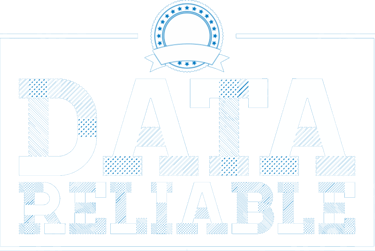Most Voters Think America’s Divisions Cannot Be Overcome, Poll Says
New Times/Siena survey shows pessimism about unity rising across party lines A new New York Times/Siena College poll finds that a growing majority of Americans no longer believe the nation’s deep political and cultural divides can be bridged — a sharp turn in public sentiment that underscores the fatigue and frustration shaping the country’s political climate ahead of 2026.
Kylo B
10/5/20252 min read
Most Voters Think America’s Divisions Cannot Be Overcome, Poll Says
New Times/Siena survey shows pessimism about unity rising across party lines
October 2025 Washington, D.C. A new New York Times/Siena College poll finds that a growing majority of Americans no longer believe the nation’s deep political and cultural divides can be bridged — a sharp turn in public sentiment that underscores the fatigue and frustration shaping the country’s political climate ahead of 2026.
According to the survey, 62 percent of registered voters said they believe America’s divisions are “too severe to ever come together again.” Only 31 percent said they think the country can still find common ground, the lowest level of optimism recorded in the poll’s history.
A Country Losing Faith in Itself
The data suggest that disillusionment with politics has now overtaken traditional concerns like the economy or immigration. Voters across demographic and ideological lines expressed deep cynicism about government, the media, and even each other.
“This isn’t just about disliking politicians,” said Don Levy, director of the Siena College Research Institute. “People are starting to doubt the very idea that democracy can heal itself.”
Among independents, often seen as a barometer of national mood, nearly seven in ten said they no longer believe in bipartisan cooperation as a realistic goal.
Democrats and Republicans Agree - On Pessimism
While the country remains deeply polarized, both major parties appear united in their bleak assessment of the political system.
68% of Republicans said they believe political conflict will “get worse” over the next five years.
57% of Democrats agreed, though they tend to blame partisanship in Congress and the influence of misinformation.
Independent voters, meanwhile, overwhelmingly said both parties are to blame.
The poll found that younger voters are particularly disillusioned: nearly three-quarters of respondents under 30 said they see no path to reconciliation in American politics.
The Rise of Political Fatigue
Voter exhaustion appears to be a defining feature of the current climate. Respondents cited social media polarization, partisan media, and “political extremism” as the top three drivers of division, outpacing inflation and foreign policy for the first time since the Times/Siena partnership began tracking these issues in 2018.
“I used to think we could work it out if people talked to each other,” said Angela Martinez, a 42-year-old voter from Arizona. “Now it feels like people live in different realities.”
What This Means for 2026 and Beyond
Political analysts warn that such widespread pessimism could have ripple effects on voter turnout and engagement. When people believe division is permanent, they may become less likely to participate in elections or support compromise-minded candidates.
“If polarization feels baked in, the incentive for cooperation disappears,” said former Republican strategist Michael Steele. “You can’t run on unity if people think unity’s a fantasy.”
Some centrists, however, see a potential upside. The growing frustration with dysfunction, they argue, could eventually push voters toward pragmatic problem-solvers who reject the extremes.
A Centrist View: The Paradox of Polarization
From a centrist standpoint, the poll captures a paradox: Americans may feel divided beyond repair, yet the overwhelming agreement on that pessimism suggests a shared frustration, a potential starting point for renewal.
Rebuilding trust, experts say, will require small, visible acts of bipartisan cooperation rather than sweeping promises of unity.
“The path back to faith in democracy doesn’t start in Washington,” said Levy. “It starts in communities, where people still see each other as neighbors, not enemies.”
Subscribe to our newsletter


